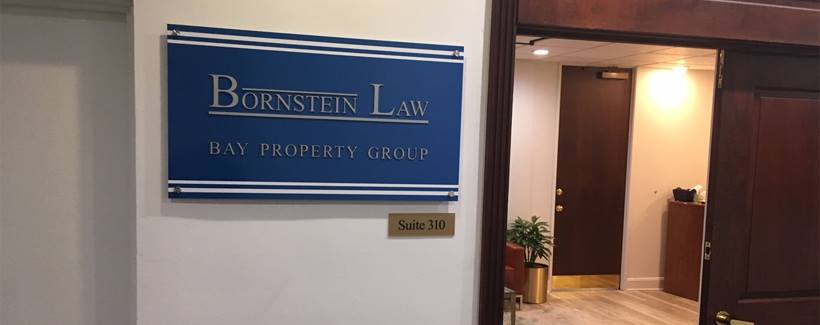In our earlier article, we said that what can be asserted without evidence can also be dismissed without evidence and stressed the importance of producing authentic testimony, documents, and other evidence in the event a landlord-tenant dispute is enlarged and lands up on the courthouse steps.
When a client comes into our office, we can immediately get a gut level reading of the quality of their documentation. Some of our clients have beautiful files, in perfect chronological order, with leases, rent increases, and tenant correspondence, even a log of telephone calls in the actual file. Other clients’ files look like a hurricane and this disorganization or lack of documentation becomes problematic in the unfortunate event litigation arises out of a failed rental relationship.
Property management companies tasked with overseeing bookkeeping, trust accounts, and complying with DRE rules and regulations have their own unique risks in their fiduciary duty if bookkeeping is not meticulously in order. When the California Department of Real Estate knocks on the door and discovers untidy books, the property management company can lose its license. Further, if any irregularities are discovered in client accounting statements, it can be calamitous. Daniel Bornstein addresses this more at length in this webinar on the top 10 pitfalls for property managers, but let’s move onto how long a landlord should keep documents after the tenancy has been terminated.
Once a tenant moves out, how long should documents be preserved?
This question is one of cauterizing risk and the short answer is that documents should be preserved until you are no longer liable in a potential criminal or civil lawsuit. In one of our most widely disseminated posts, we noted that tenant lawsuits are proliferating throughout the Bay Area, and even the most studious of landlords are susceptible.
Perilous actions take many forms, be it wrongful eviction, constructive eviction, harassment, myriad breaches of the rental agreement, violation of any number of local ordinances, personal injury or negligence, and more. Contact our offices to learn how long the tenant has to raise claims after he or she has moved out.
Also, keep in mind that keeping documents accessible may be prudent in the event of a state or federal tax audit. Generally speaking, the IRS can audit a landlord’s tax return for up to six years or even longer if fraud is suspected.
The preservation of documents is a double-edged sword. On the one hand, it is helpful for the purposes of recordkeeping and may be a source of exculpatory evidence against the claims of a disgruntled tenant. On the other hand, an enterprising tenant attorney may request archived documents be produced as part of an onerous and expensive discovery process.
If it’s the landlord’s policy of destroying documents, this should not be a shredding party but rather, the owner should use discretion. If there is a claim at hand, deleting documents relevant to the case will raise eyebrows.
Did the tenant move in like a lamb and move out like a lion?
How long to preserve documentation and correspondence will be shaped, in part, by the nature of the client’s departure.
From our hard-won experience, when the tenancy ends amicably with the residents vacating at their own volition without a dark cloud of notices, prodding, haggling, arguing or rent board appearances, the chance for any residue is small. When there is a history of acrimony between the landlord and tenant, however, your odds at facing a lawsuit down the road increase exponentially. Whenever possible, Bornstein Law likes to obtain a release of claims from tenants, but this goes beyond the scope of this article.
In conclusion
We are sticklers for documentation at Bornstein Law, and generally speaking, the more documentation, the better. This should be well-organized and thought out policy evenly applied. The life cycle of documents begins even before the tenancy begins and continues throughout the duration of the rental relationship, and even beyond.
Perhaps you do not have an imminent dispute, but like going to the dentist for a routine check-up and cleaning, perhaps it’s time to sit down with an attorney to ensure your lease is up to date and your documents are in order. Don’t do the heavy lifting later – an ounce of prevention is worth a pound of cure.






